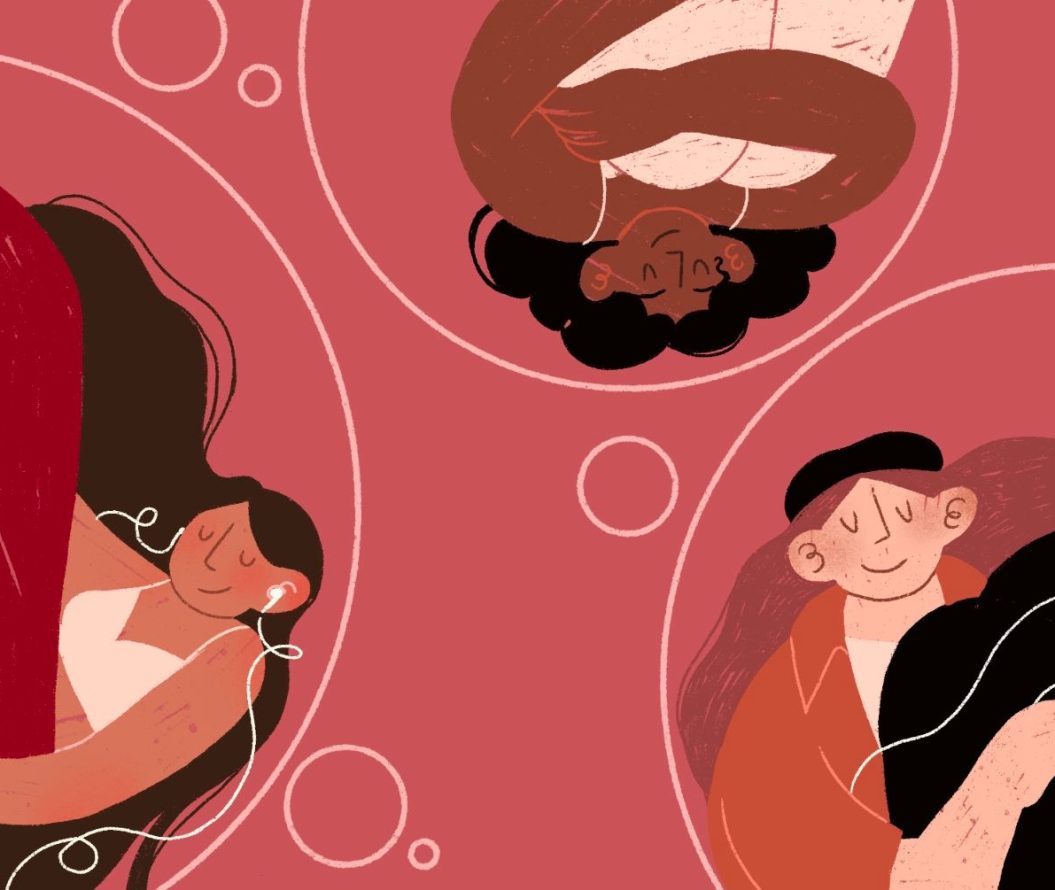Hi! I'm Emily, I'm a third-year Psychology student and I'm from Warwickshire. I love old movies and bad music and I'm super passionate about mental health!

Mental health on International Women’s Day
March 8, 2021,
read.
This article is more than 3 years old
Today is International Women’s Day! It takes place every year on 8 March and is a time to celebrate women’s rights movements and bring to attention the issues facing women globally – it is also a great time to talk about women’s mental health.
Although people of all genders experience mental health problems, statistics demonstrate that women are at particular risk. Women are three times more likely than men to experience common mental health problems – they are three times more likely to experience PTSD and eating disorders, and more likely to experience anxiety and OCD. Self-harm rates in young women have tripled since 1993.
There are a great number of reasons for this gap. Women are over-represented in low income brackets and many women experience domestic abuse (7.5% of cis women and 16% of trans women). Women can also face a great deal of pressure from stereotypes and societal expectations. PTSD is high among refugees, and 80% of those displaced by conflict and disaster are women and children. A lot of women still often have the bulk of responsibility at home, even when they work full-time, which can lead to feeling over-stretched. All of these can contribute to mental health issues and highlight why International Women’s Day is still so important – it shows us why we must all continue to fight for equality.
Through empowering women and promoting equality, we can fight to improve a variety of struggles affecting women’s mental health. IWD is a day to celebrate women, but also to consider where we must go next. This year’s theme is Choose to Challenge. It asks you to commit to challenging inequality, calling it out, question stereotypes and your own biases and help work for a more inclusive world.
So what can we do?
- Support women you know and encourage them to consider their mental health
- Challenge those around you and ourselves when it comes to gender stereotypes
- Appreciate the women in your life who support you and help them where you can
- Support causes worldwide for a number of issues – trans rights, BAME activism, refugee and domestic violence charities all help address issues key to overcoming women’s mental health issues
- Seek out and support women’s work, whether it be artists, small businesses or something else!
If you or someone you know is struggling, there are a number of places you can reach out for help. Here is a good place to start:




